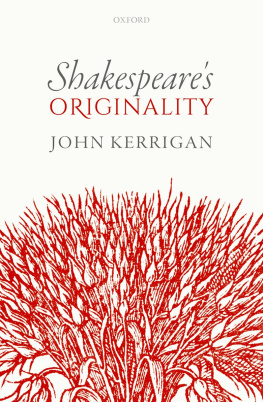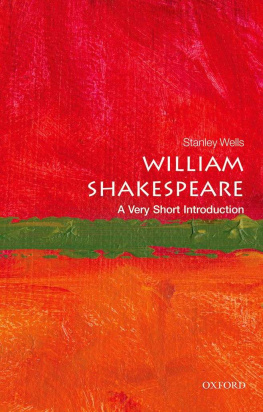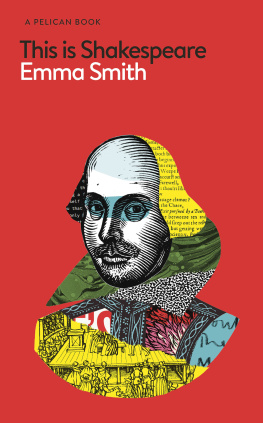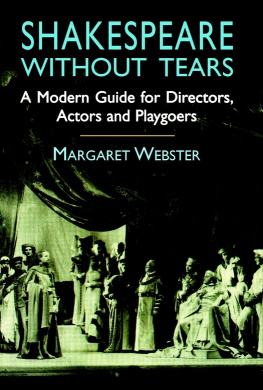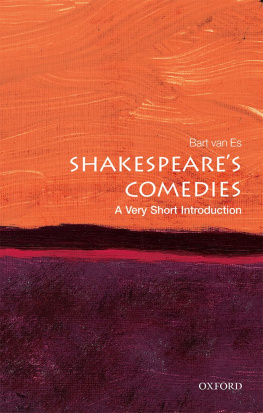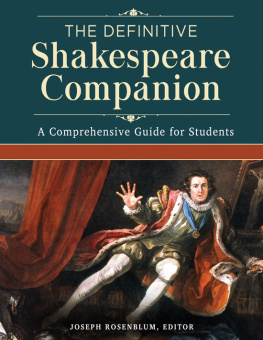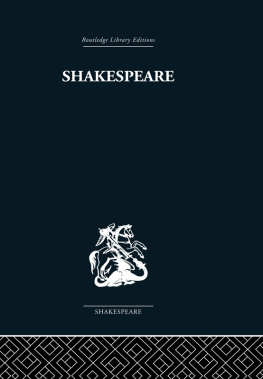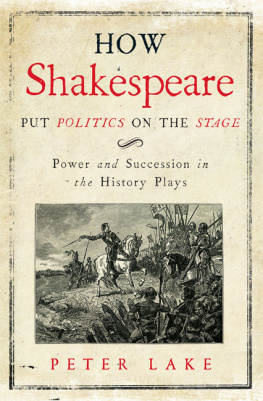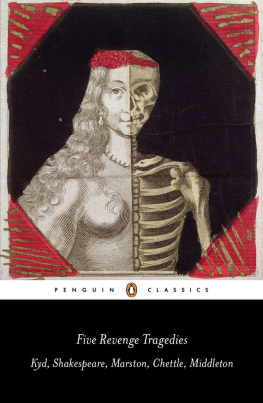Oxford University Press is a department of the University of Oxford. It furthers the Universitys objective of excellence in research, scholarship, and education by publishing worldwide. Oxford is a registered trade mark of Oxford University Press in the UK and in certain other countries
All rights reserved. No part of this publication may be reproduced, stored in a retrieval system, or transmitted, in any form or by any means, without the prior permission in writing of Oxford University Press, or as expressly permitted by law, by licence or under terms agreed with the appropriate reprographics rights organization. Enquiries concerning reproduction outside the scope of the above should be sent to the Rights Department, Oxford University Press, at the address above
You must not circulate this work in any other form and you must impose this same condition on any acquirer
Published in the United States of America by Oxford University Press 198 Madison Avenue, New York, NY 10016, United States of America
Links to third party websites are provided by Oxford in good faith and for information only. Oxford disclaims any responsibility for the materials contained in any third party website referenced in this work.
Preface
The extent and nature of Shakespeares originality have been matters of contention and investigation from the earliest reference that we have to him as a playwright (in 1592) all the way through his elevation to the status of a classic in the eighteenth century and the major phases of source study that went on into the middle of the twentieth. How far, and in what ways, was he a derivative writer? One claim of this book is that, after several decades of relative neglect, it is time to return to this topic, to think again about issues that take us to the heart of Shakespeares achievement while throwing into relief the contours of his reception.
The Introduction sets out what being original meant and came to mean during and after Shakespeares lifetime. To prepare the reader for the chapters that follow, it sketches the history of source scholarship and places it in the context of changing views of originality. A brief account is given of developments over the last half century which make a new discussion timely, showing how advances in research and fresh perspectives in criticism allow the matter to be addressed in finer detail and with fuller contexts than was possible for the foundational scholars (Lewis Theobald to Edmond Malone, Karl Simrock to Geoffrey Bullough). then explore contrasting aspects of the topic. The aim is to open up the field with case studies without attempting to be comprehensive. These chapters advance independently but have points of overlap and continuity.
The analysis starts aslant. moves through Cervantes and Charlotte Lennox to the celebrated attack on Shakespeare as an upstart crow in Robert Greenes Groatsworth of Witte. It considers what the passage tells us about originality and derivativeness in both the composition of playscripts and the material culture of performance. Out of this flows a discussion of Much Ado About Nothing in which disguise, ambition, and fashionfrom modish attire to the fashioning of playsare foregrounded. This knowing, obscurely sceptical comedy both reflects on and puts to use the authors and the audiences partial awareness of an early modern web of alternative versions of the Hero-Claudio story. An extrapolation of possible outcomesnot unlike the work of Shakespeare in compositionwas creatively engaged in those watching the play.
While it is clear that, whether he is following his written originals closely (as in As You Like It) or striking out more freely (as in the first act of Richard III and various scenes in Macbeth), Shakespeare is at least as conscious of how he and other actors in his company follow in other players footsteps.
This is not to say that classical and early modern ideas about imitation are irrelevant. They bolster, rather dubiously, Greenes denunciation of the upstart crow, and they recur in eighteenth-century contrasts between his supposedly untutored originality and the learned procedures of Jonson and Milton. The growing sophistication of sections of theatrical culture in the decade or so after Greenes attack allowed Shakespeare to become more ambitious in his use of such prestigious originals as Plutarch and in the demands made of actors and audiences. In , I argue that in King Lear the practice of imitation is integral to the probing of origins: political, legal, historical, tragic. The resonance of the drama owes much to layers of imitation that go back through Sidneys Arcadia (the source of the Gloucester plot) to Seneca, Sophocles, and Euripides. Jonson may have been right when he said in the First Folio that Shakespeare had, by his own erudite standards, small Latine, and less Greeke, but he was also purposeful when he went on to compare the Swan of Avon to the ancient Greek tragedians.
What happens when a Shakespeare play itself becomes a source? In ; I look more closely at how this promotion of originality was challenged and defended in relation to Shakespeare and at how arguments in favour of his originality can still have eighteenth-century overtones in discussions at least of The Tempest.
Most of this book consists of a lightly revised version of the Oxford Wells Shakespeare Lectures that I gave during Michaelmas term 2016. I am grateful to Bart van Es and others who proposed me as lecturer and to Jacqueline Norton of Oxford University Press who encouraged me to accept the invitation. My visits to Oxford were enhanced by conversations with Colin Burrow, John Creaser, Katherine Duncan-Jones, Paul Edmondson, Antonia and Francis Kerrigan, Laurie Maguire, Lene stermark-Johansen, Seamus Perry, Helen Small, Emma Smith, Robert Stagg, Tiffany Stern, Stanley Wells, and David Womersley. It was encouraging to see in the audience of the third lecture Kate Plaisted-Grant and Niamh Kerrigan-Plaisted. To return to Oxford, several decades after being an undergraduate there, put me gratefully in mind of those who first got me thinking about Shakespeare: Anne Barton, John Carey, John Creaser, Barbara Everett, Emrys Jones, John Jones, Craig Raine, Stephen Wall, and Stanley Wells.
For advice on what to read, ahead of writing the lectures, I am indebted to Colin Burrow, John Drakakis, Hester Lees-Jeffries, Willy Maley, and Richard Serjeantson. Theodor Dunkelgrn, Peter Holland, Micha Lazarus, and Kate Plaisted-Grant generously supplied material. I value the support I receive from St Johns College, Cambridge and my colleagues in the Cambridge English Faculty. After Oxford, and an outing in Cambridge, two of the lectures were tested at the Willson Center for Humanities and Arts, University of Georgia (where my host was Nicholas Allen and my interlocutor Sujata Iyengar). At Princeton, later in the process, three chapters were presented as talks and I benefited from discussion with Bradin Cormack, Jeff Dolven, Rhodri Lewis and others. The book was read in typescript by Colin Burrow, Nick de Somogyi (who made the index), David Hillman, Lorna Hutson, Willy Maley, Subha Mukherji, and Helen Small. I could not be more grateful to these busy people for the time and quality of attention that they brought to my arguments. For help with images, I owe thanks to Clment Chroux, Manuel Harlan, Kathryn McKee, Jen Pollard, John Wyver, and staff at the institutions mentioned in the list of illustrations.

